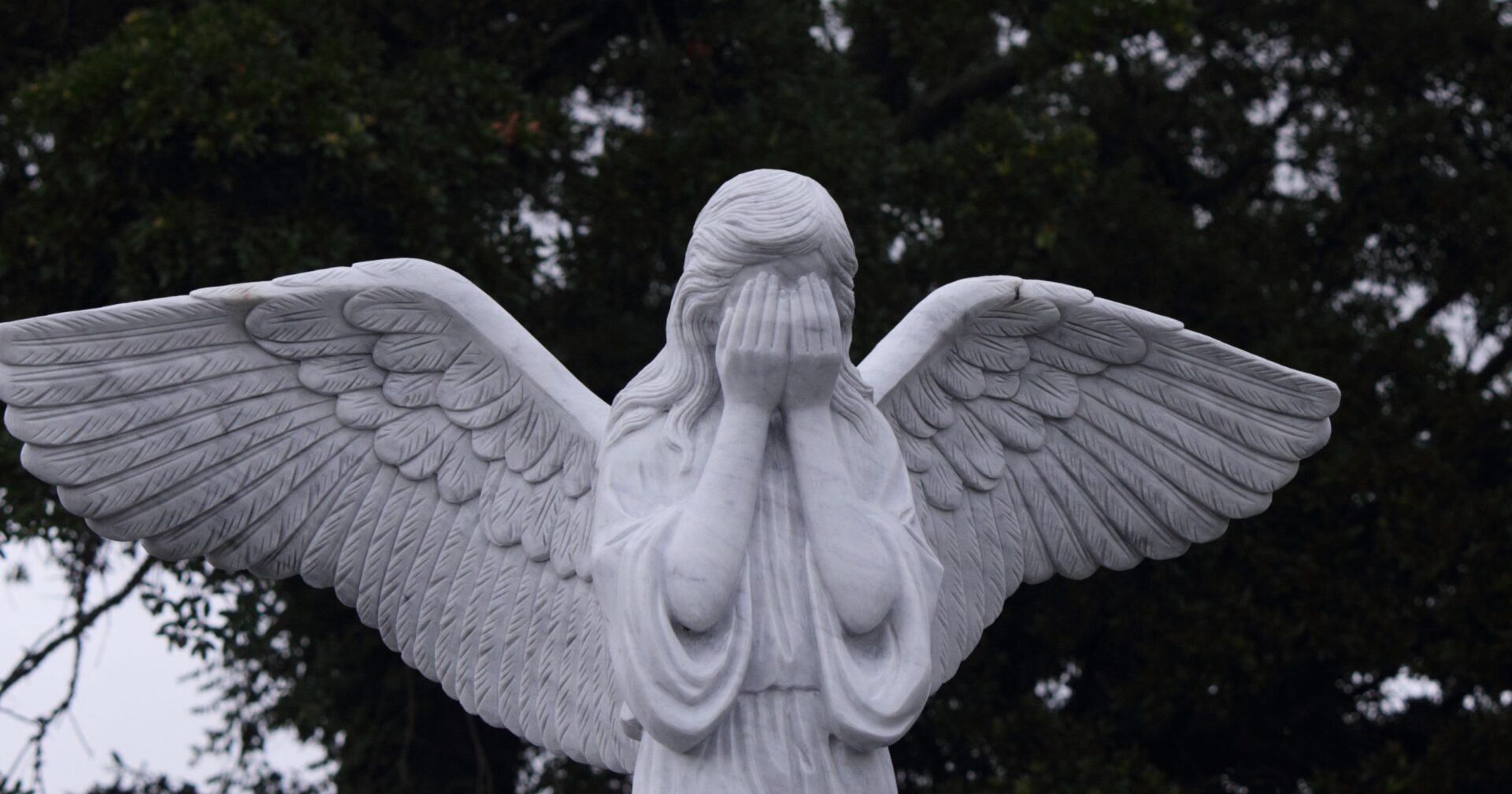In the Catholic faith, a special set of sins holds a distinctive status – the ‘Sins that cry to Heaven for Vengeance’.
Known for their grave nature, these transgressions are believed to provoke divine justice. The seriousness of these offenses is such that their echoes supposedly ascend to Heaven, pleading for retribution.
The genesis of this concept is deeply rooted in the Holy Scriptures, especially Genesis 4:10, Genesis 18:20–21, Exodus 22:21–23, and Deuteronomy 24:14–15. Over time, Catholic theologians have further interpreted and enriched these Biblical passages to delineate the specific sins under this classification.
These sins are distinguished not only by their severity but also by the deep pain they inflict upon their victims. In the Catholic understanding, these sins are more than just infringements against individuals; they offend God’s divine order, eliciting a call for His justice.
Tom Hoopes, a scholar at the Catholic Benedictine College, links these sins to current societal and political themes. He points out the tendency in modern politics to downplay or ignore these sins. For instance, the act of abortion has been compared to the “blood of Abel”, while the struggles of refugees, immigrants, and wage earners resonate with the sins of oppression and wage injustice, respectively.
Laurence Vaux’s 1583 work, A Catechisme of Christian Doctrine, explains them as follows:
“The first is voluntary or willful manslaughter. How the innocent blood of Abel cried from the earth to God and how Cain was punished, it is evident.
The second is sodomoticial sin: man with man, or woman with woman, against nature. How the cry if this most abominable sin came to God from the earth, and how God poured down fire and brimstone to destroy the wicked Sodomites, it appereath plain in scripture. This terrible example putteth in remembrance that perpetually to burn in hell with fire and brimstone is a punishment due for them that commit sin against nature.
The third is oppression of the poor, fatherless children, and widows. How God punished Pharaoh and the Egyptians for oppressing the Israelites, the scripture doth show. Oppressors cannot escape God’s vengeance.
The fourth sin that crieth to God for vengeance is to keep back the wages of the hired servant of workman when he hath done his service or work.”
The ‘Sins that cry to Heaven for Vengeance’ serve as solemn reminders of the far-reaching impact of our actions.
As Catholics, we are called to lead a life of righteousness, reflecting on the teachings of the Church to avoid committing such sins. By comprehending their severity, we can walk a path that respects not only human dignity but also the divine order established by God!
Photo credit: Jean Faucett / Shutterstock.com


















